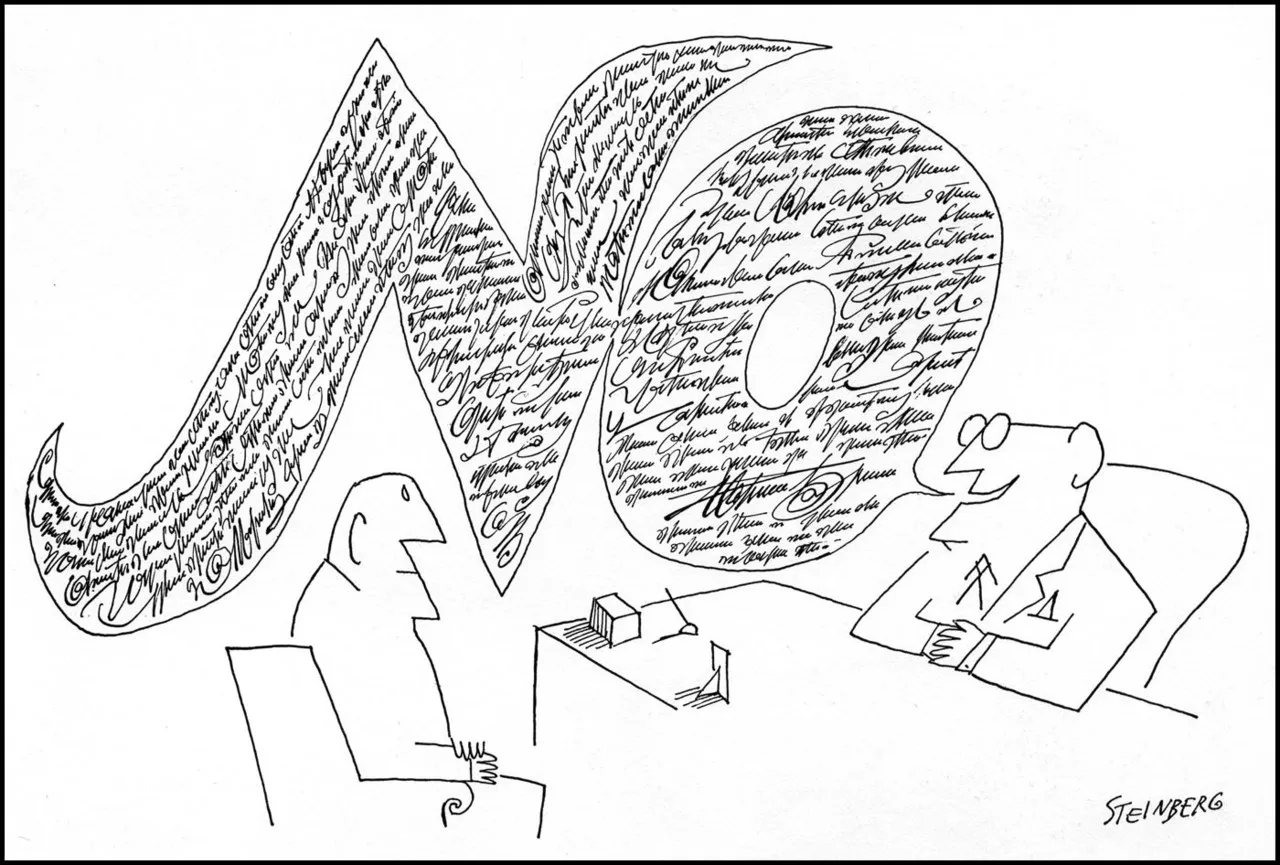
Being comfortable with rejection matters. If you don't get rejected most of the time you're probably not trying enough. I'm not saying you're not working hard, rather than you're not aiming high enough.
This happens when the ego is tied the result of decisions instead of your decisions themselves. Poker players call it [[Resulting|resulting]]. In short, since the ego doesn't want to get hurt, it protects itself by pushing you to avoid 'dangerous' situations.
Apply to a hundred jobs you think you can't get. See what happens. Chances are, you'll get lots of information from the process, along with a better overview of the playing field. How else are you supposed to know which way to go?
More often than not, people will try to help you by explaining why you got rejected. You might make some meaningful connections in the process that will point you in the right direction.
Getting rejected is like climbing at the top of a tree when you're lost in the forest. The tree doesn't matter. What does is does you see where you can go.
Rejection is a two-way street, and part of getting comfortable with being rejected is being able to reject and say no to what's not important.
Saying no to things we don't care about is easy. Saying no to things we do care about is difficult, but essential if you want to succeed.
As a teacher once told me in school, "La liberté c'est choisir, et choisir c'est renoncer": "Freedom is choosing, and choosing is renouncing".
Renouncing something is what gives meaning to the things you do choose. The less you say no, the less your choices mean.
Focus is saying no to everything that's not what you chose. That's what make special.
Don't take it from me, though. Below are a few quotes on the direct relationship between the ability to say no and achieving anything meaningful.
>"The art of not reading is a very important one. It consists in not taking an interest in whatever may be engaging the attention of the general public at any particular time. When some political or ecclesiastical pamphlet, or novel, or poem is making a great commotion, you should remember that he who writes for fools always finds a large public. A precondition for reading good books is not reading bad ones: for life is short."
>*— Arthur Schopenhauer*
>"To be everywhere is to be nowhere. People who spend their whole life travelling abroad end up having plenty of places where they can find hospitality but no real friendships. The same must needs be the case with people who never set about acquiring an intimate acquaintanceship with any one great writer, but skip from one to another, paying flying visits to them all. Food that is vomited up as soon as it is eaten is not assimilated into the body and does not do one any good; nothing hinders a cure so much as frequent changes of treat-ment; a wound will not heal over if it is being made the subject of experiments with different ointments; a plant which is frequently moved never grows strong. Nothing is so useful that it can be of any service in the mere passing. A multitude of books only gets in one's way."
>— *Seneca
> "If you're wrong, you will die. But most companies don't die because they are wrong; most die because they don't commit themselves. They fritter away their valuable resources while attempting to make a decision. The greatest danger is in standing still."
> — *Andrew S. Grove*
>Evil is whatever distracts.
>— *Franz Kafka*
> "People think focus means saying 'yes' to the thing you've got to focus on. But that's not what it means at all. It means saying no to the hundred other good ideas that there are."
> — *Steve Jobs*
> "The difference between successful people and really successful people is that really successful people say no to almost everything."
> — *Warren Buffet*